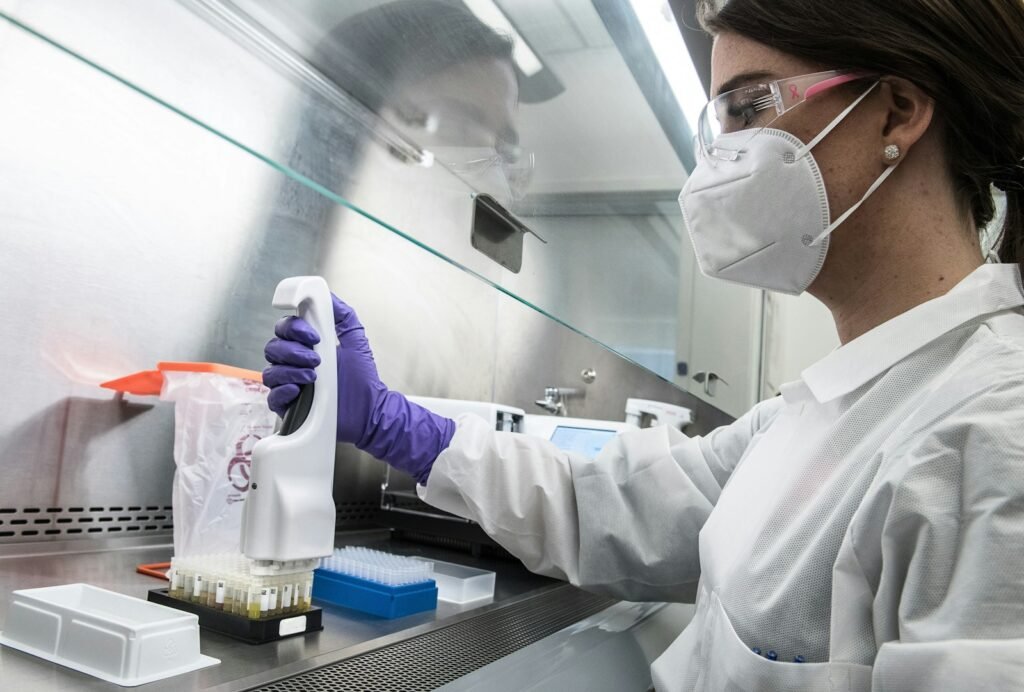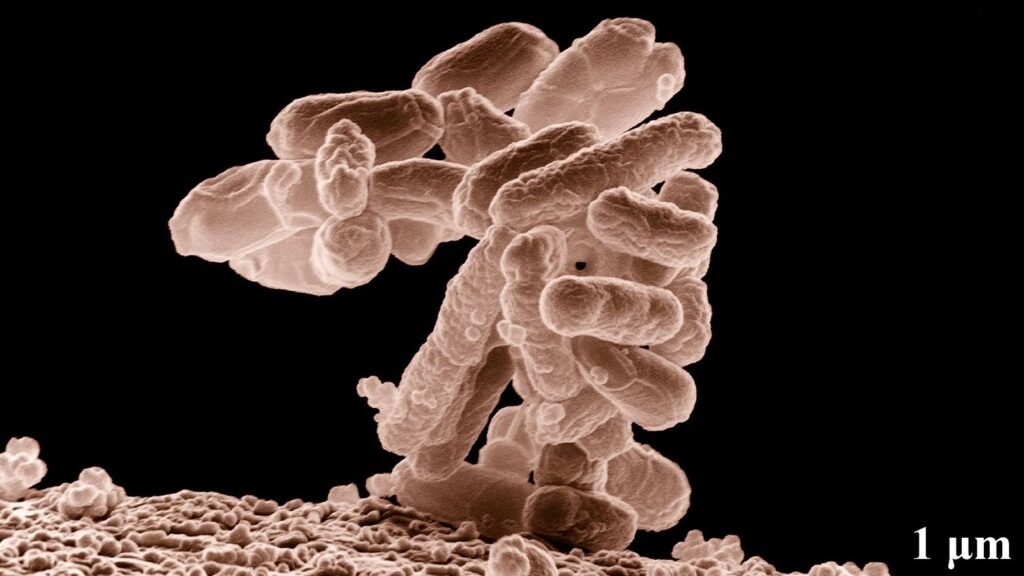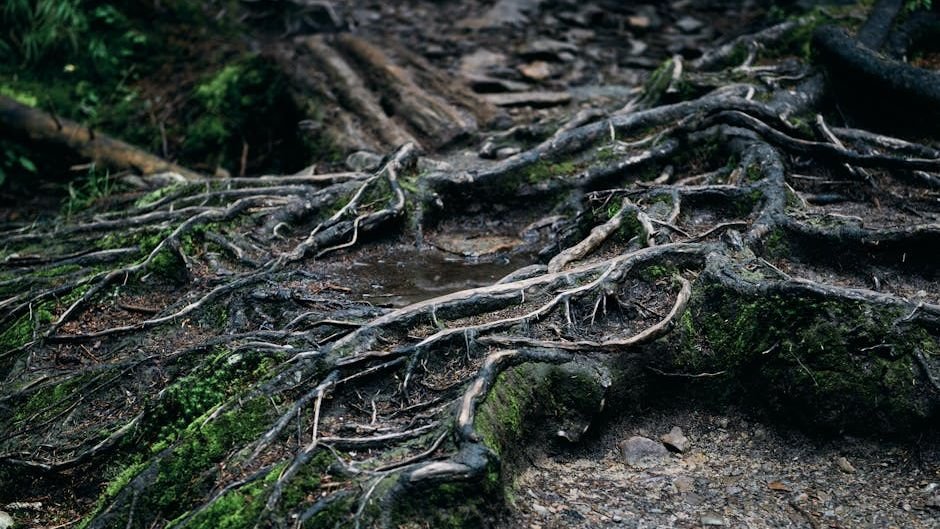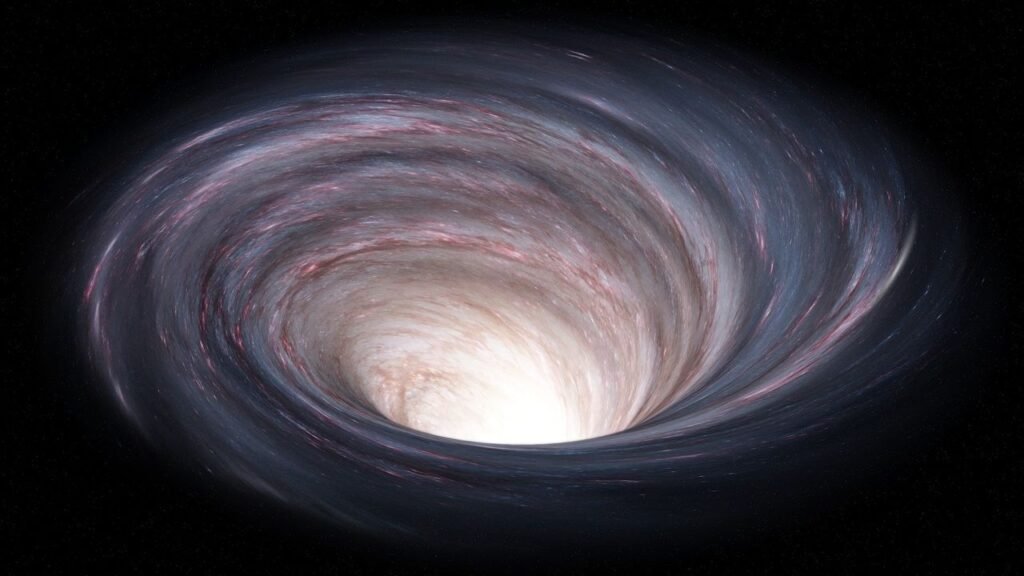Behind every groundbreaking discovery lies a human story. Every scientific breakthrough we celebrate today started with someone who couldn’t stop asking “why” or “what if.” These aren’t just lab coat-wearing heroes from textbooks – they’re real people with real struggles, real fears, and an almost inexplicable drive to understand our world. From the marine biologist who spends months in freezing Antarctic waters to the astrophysicist who stays awake all night analyzing data from distant galaxies, scientists are motivated by something deeper than fame or fortune. Their personal journeys reveal what truly fuels the engine of human discovery.
The Childhood Spark That Never Dies

Ask any scientist about their origin story, and you’ll often hear about a moment in childhood that changed everything. Dr. Sarah Chen, who now studies coral reef ecosystems, remembers the exact day she fell in love with marine life – she was seven years old, snorkeling for the first time in Hawaii. “I saw this tiny clownfish dart between the coral, and I realized there was an entire universe underwater that most people never see,” she recalls. That single moment of wonder has driven her through decades of research, countless grant applications, and even dangerous dives in remote locations. For many scientists, that childhood curiosity becomes an unshakeable force that guides their entire career. It’s like having a internal compass that always points toward discovery, no matter how many obstacles appear along the way.
When Personal Tragedy Becomes Scientific Purpose

Sometimes the most powerful motivation comes from loss and pain. Dr. Marcus Rodriguez turned his family’s struggle with Alzheimer’s disease into a lifelong mission to understand the brain. Watching his grandmother slowly lose her memories sparked a determination that has sustained him through fifteen years of neuroscience research. “Every failed experiment feels personal,” he admits, “because I know there are families out there going through what mine did.” This deeply personal connection to their work gives many scientists an almost superhuman persistence. They’re not just studying abstract concepts – they’re fighting battles that hit close to home. The laboratory becomes a battlefield where they wage war against diseases, environmental destruction, or technological limitations that have touched their own lives.
The Thrill of Being First to Know

There’s a unique rush that comes with discovery – the moment when you realize you’re the first person in human history to understand something new about our universe. Dr. Elena Petrov, an astronomer who discovered three new exoplanets, describes it as “better than any drug.” She remembers staring at her computer screen at 3 AM, realizing the data showed something unprecedented. “For those few minutes before I called my colleagues, I was the only person on Earth who knew these worlds existed,” she says. This hunger for that moment of pure discovery drives scientists to work impossibly long hours and endure years of tedious research. It’s like being an explorer in uncharted territory, knowing that the next experiment might reveal something that changes everything we thought we knew.
Fighting for Our Planet’s Future

Climate scientists often carry a heavy emotional burden – they’re the ones who see the data that keeps them awake at night. Dr. James Northfield studies melting glaciers in Greenland, and his motivation is painfully clear: “I have two young daughters, and I’m terrified about the world they’re going to inherit.” His research involves spending months in some of Earth’s most extreme environments, collecting data that paints an increasingly urgent picture. The personal stakes make every measurement feel crucial, every research paper a potential lifeline for future generations. These scientists aren’t just studying environmental change – they’re racing against time to provide the evidence needed for global action. Their dedication comes from a deep love for our planet and a desperate hope that their work might help save it.
The Puzzle-Solver’s Obsession

Some scientists are driven by pure intellectual curiosity – they’re the people who can’t walk away from an unsolved mystery. Dr. Rachel Kim, a theoretical physicist, compares her work to “being addicted to the world’s most complicated jigsaw puzzle.” She’s spent eight years working on a single mathematical proof, facing dead ends and breakthroughs in equal measure. “There are days when I want to quit, but then I’ll have an insight in the shower or while walking my dog, and suddenly I’m back at my desk until midnight,” she explains. This type of scientist is motivated by the beauty of knowledge itself – they find elegance in equations and poetry in scientific principles. For them, understanding how the universe works is reward enough, even if the practical applications won’t be clear for decades.
Following in Giant Footsteps

Many scientists are inspired by heroes who came before them. Dr. Ahmed Hassan, a geneticist, traces his career back to reading about Rosalind Franklin’s X-ray crystallography work in high school. “She never got the recognition she deserved for her role in discovering DNA’s structure, but her dedication to careful, methodical science became my template,” he says. These scientific role models provide both inspiration and guidance, showing young researchers that groundbreaking work is possible even in the face of adversity. Sometimes the inspiration comes from famous figures like Marie Curie or Albert Einstein, but just as often it’s a professor, mentor, or even a documentary that plants the seed. The stories of past discoveries become fuel for future ones, creating an unbroken chain of scientific passion across generations.
The Immigrant’s Drive to Prove Themselves

For many scientists who come from other countries, research becomes a way to establish themselves and contribute to their new home. Dr. Priya Sharma left India to study renewable energy in the United States, carrying the hopes of her entire extended family. “I felt like I had to work twice as hard to prove I belonged here,” she remembers. This additional pressure can be overwhelming, but it also creates an extraordinary drive to succeed. Her breakthrough in solar panel efficiency wasn’t just a scientific achievement – it was validation of her family’s sacrifices and her own leap of faith. These scientists often bring unique perspectives shaped by their diverse backgrounds, leading to innovative approaches that might never have emerged otherwise. Their determination to succeed becomes intertwined with gratitude for opportunities and a desire to make their mark on their adopted scientific community.
When Failure Becomes the Greatest Teacher

Every successful scientist has a graveyard of failed experiments behind them, and these failures often become their strongest motivators. Dr. Thomas Wright’s early career was marked by a spectacular failure – his first major research project collapsed when he discovered a fundamental flaw in his methodology after two years of work. “I was devastated and considered leaving science entirely,” he admits. But that failure taught him the importance of rigorous peer review and careful experimental design. Now one of the leading researchers in his field, he credits that early disaster with making him a better scientist. The fear of failure never leaves, but it transforms from a paralyzing force into a driving one. Scientists learn to embrace failure as an essential part of the discovery process, understanding that each dead end brings them closer to the right path.
The Midnight Revelation Moment
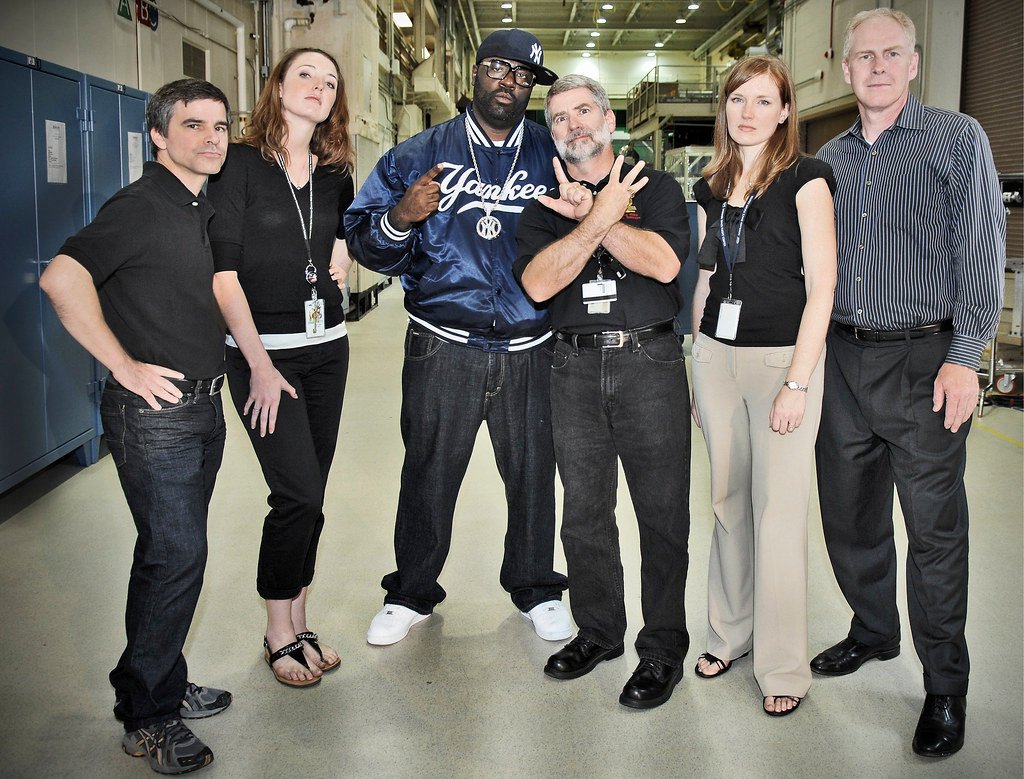
Scientific breakthroughs rarely happen during normal business hours. Dr. Lisa Montenegro’s career-defining discovery about plant genetics came to her at 2 AM while she was feeding her newborn daughter. “I was exhausted and delirious from lack of sleep, but suddenly I saw the connection I’d been missing for months,” she recalls. These moments of clarity can strike anywhere – in the shower, during a run, or while stuck in traffic. The key is that scientists train themselves to always be thinking about their work, turning their brains into pattern-recognition machines that never truly switch off. This constant mental engagement means that inspiration can strike at any moment, and when it does, it provides enough energy to fuel months of follow-up research. The unpredictability of these breakthrough moments creates an addictive cycle of anticipation and discovery.
Building Bridges Between Worlds

Some scientists are motivated by the desire to translate complex research into practical solutions that help real people. Dr. Kevin O’Brien studies infectious diseases, but his true passion is making his findings accessible to communities that need them most. He spends half his time in remote villages, working directly with local health workers to implement prevention strategies. “What’s the point of discovering something amazing if it stays locked away in academic journals?” he asks. This type of scientist serves as a bridge between the laboratory and the real world, ensuring that scientific progress actually improves lives. Their motivation comes from seeing immediate, tangible results – a vaccine preventing disease, a new technique saving crops, or a technology making life easier for people with disabilities. They measure success not just in publications, but in problems solved and lives improved.
The Power of Scientific Collaboration

While popular culture often portrays scientists as lonely geniuses working in isolation, most modern research depends on collaboration, and many scientists are driven by the energy that comes from working with brilliant colleagues. Dr. Maria Santos leads an international team studying ocean plastic pollution, coordinating researchers from twelve different countries. “Some of my best ideas come from our video calls,” she explains, “when someone in Japan builds on an observation from someone in Brazil, and suddenly we’re all excited about a new direction.” This collaborative spirit creates a unique form of motivation – scientists push themselves not just for personal achievement, but to contribute meaningfully to their team’s shared goals. The peer pressure is intense but positive, pushing everyone to bring their absolute best to the collective effort. It’s like being part of an incredibly smart, incredibly motivated family where everyone’s success depends on everyone else’s contributions.
Racing Against Time and Disease

Medical researchers often work with an urgency that borders on desperation, knowing that their discoveries could save lives that are being lost every day they delay. Dr. Jennifer Liu studies rare childhood cancers, motivated by the faces of patients she’s met and their families’ stories. “There’s a photo on my desk of a little girl who died while I was working on a treatment that might have saved her,” she says quietly. This emotional weight could be crushing, but instead it becomes rocket fuel for relentless research. These scientists work nights, weekends, and holidays because they understand that time is literally a matter of life and death. Every failed experiment feels like a personal failure, but every small breakthrough brings hope that they might spare other families from grief. The pressure is immense, but so is the potential reward of giving people more time with their loved ones.
Chasing the Beauty in Nature’s Patterns

Some scientists are driven by an almost artistic appreciation for the elegance they find in natural systems. Dr. Robert Chen studies the mathematics of bird flocking behavior, fascinated by how simple rules create complex, beautiful patterns. “Watching a murmuration of starlings is like seeing a live symphony,” he explains, “and understanding the underlying mathematics makes it even more beautiful, not less.” This aesthetic motivation might seem less urgent than fighting disease or climate change, but it represents a fundamental human drive to understand and appreciate beauty. These scientists often make unexpected discoveries that later prove to have practical applications, but that’s not their primary goal. They’re motivated by pure wonder at the complexity and elegance of natural systems. Their work reminds us that science isn’t just about solving problems – it’s also about celebrating the incredible world we live in.
The Immigrant Scientists’ Double Mission

Scientists who immigrate to new countries often carry a dual motivation – advancing their research while also representing their home cultures in the scientific community. Dr. Fatima Al-Rashid left Syria to continue her chemistry research in Canada, but she’s also determined to pave the way for other Arab women in science. “Every paper I publish, every presentation I give, I’m not just representing myself,” she explains. This additional responsibility could be overwhelming, but instead it provides extra motivation to excel. These scientists often become bridges between scientific communities in different countries, facilitating international collaboration and bringing diverse perspectives to global challenges. Their success stories inspire young people in their home countries while enriching the scientific community in their adopted homes. They prove that science truly is a universal language that transcends borders and cultural differences.
When Science Becomes Personal Legacy

For older scientists, the motivation often shifts from personal achievement to leaving a lasting legacy for future generations. Dr. Patricia Williams, now in her seventies, has spent decades studying coral reef conservation and shows no signs of slowing down. “I won’t live to see whether we save the reefs, but I can make sure the next generation has the tools they need to try,” she says. This transition from personal ambition to mentorship creates a different but equally powerful drive. These senior scientists work to train younger researchers, secure funding for long-term projects, and document their knowledge before they retire. They understand that their individual contributions are part of a much larger scientific story that will continue long after they’re gone. This perspective creates a sense of urgency to pass on not just knowledge, but also passion and methodology to ensure the work continues.
The Optimist’s Fight Against Pessimism

In fields where the news is often bad – like climate science, conservation biology, or public health – scientists must find ways to maintain hope and motivation despite depressing data. Dr. Michael Torres studies species extinction but refuses to become cynical about conservation efforts. “Yes, we’re losing species at an alarming rate, but we’re also saving some that would have been extinct without our work,” he argues. This type of scientist practices what could be called “realistic optimism” – acknowledging serious problems while maintaining faith that human knowledge and effort can make a difference. They find motivation in small victories and incremental progress, understanding that science is often about preventing worst-case scenarios rather than achieving perfect solutions. Their optimism becomes contagious, inspiring students and colleagues to keep fighting even when the odds seem overwhelming.
The Late Bloomer’s Second-Chance Story

Not all scientists start their careers in their twenties – some discover their calling later in life, bringing unique perspectives and fierce determination to make up for lost time. Dr. Catherine Moore was a high school teacher for fifteen years before returning to graduate school to study educational psychology. “My students taught me more about learning than any textbook ever could,” she explains, “and I wanted to use that experience to help other teachers be more effective.” These second-career scientists often bring practical experience and life wisdom that traditional academic paths might miss. They’re motivated by the knowledge that they chose science deliberately, after seeing other possibilities. Their research is often driven by real-world problems they’ve personally encountered, making their work both passionate and practical. They prove that it’s never too late to contribute to human knowledge and that diverse life experiences can enrich scientific understanding.
The Perfectionist’s Quest for Absolute Truth

Some scientists are driven by an almost obsessive need for precision and accuracy, refusing to accept “good enough” when perfection might be possible. Dr. Alan Yoshida has spent five years perfecting a single measurement technique, adjusting his equipment and methodology with painstaking care. “If we’re going to understand the universe, we need to measure it correctly,” he insists, “and that means getting every detail right.” This perfectionist drive can be frustrating for colleagues and sometimes slows down progress, but it also ensures that scientific findings are built on the most solid possible foundation. These scientists serve as quality control for the entire scientific enterprise, catching errors and improving methodologies that others might overlook. Their motivation comes from a deep respect for truth and an understanding that small inaccuracies can snowball into major misconceptions. They’re the guardians of scientific integrity, making sure that human knowledge is as reliable as possible.
Finding Purpose in Life’s Biggest Questions

At its core, science is humanity’s attempt to answer the biggest questions about existence, and many scientists are motivated by their role in this grand quest. Dr. Sofia Reyes studies the origins of life on Earth, work that connects directly to fundamental questions about why we’re here and whether we’re alone in the universe. “Every experiment I do is basically asking ‘How did life begin?’ and ‘Could it happen elsewhere?'” she explains. This connection to ultimate questions gives daily laboratory work a cosmic significance that few other careers can match. These scientists understand that their research contributes to humanity’s ongoing conversation with the universe, adding small pieces to an enormous puzzle that we’ve been working on for centuries. The motivation comes from being part of something much larger than themselves – the collective human effort to understand our place in existence. What drives these remarkable individuals isn’t just curiosity or ambition, but a deep need to contribute something meaningful to the human story.

